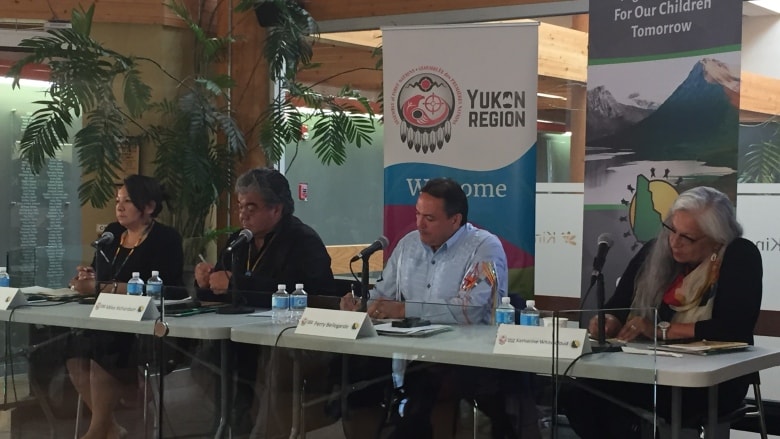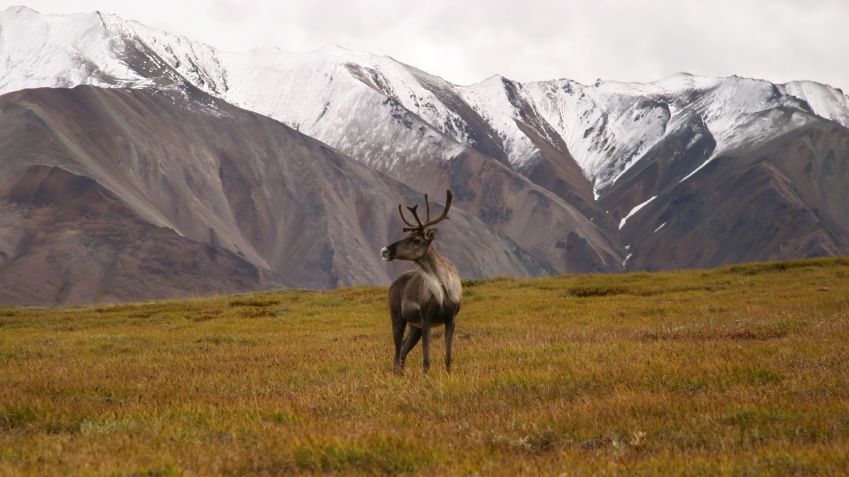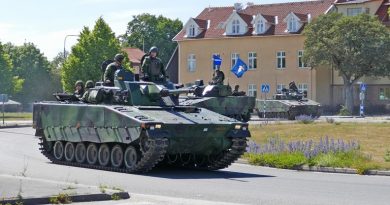First Nations National Chief candidates tell Indigenous Northern Canadians to ‘exert your sovereignty’

Four candidates running to be National Chief of the Assembly of First Nations were at a forum in Whitehorse on Tuesday, and their message to Yukon Indigenous leaders was clear: defend your sovereignty.
“As a leader, I would stand with your people to assert those agreements that have already been signed,” said candidate Sheila North, from Bunibonibee Cree Nation and grand chief of Manitoba Keewatinowi Okimakanak.
“We have to find a way to assert what you’ve already set out to do as a people.”
Kaska leader Hammond Dick asked the candidates about supporting First Nations who have not signed treaties — such as the Ross River Dena Council.
“Exert your own laws, exert your own sovereignty and nationhood,” said incumbent Grand Chief Perry Bellegarde, running for re-election.
“I’ve always said, if you don’t want federal law, or territorial law, or provincial law to apply, you occupy the field and create your own laws — based on your own jurisdiction, sovereignty and nationhood.”
Dena Council defends hunting rights
Last month, the Ross River Dena Council took out a full page advertisement in a Whitehorse newspaper warning non-Kaska hunters that they would need a permit from the First Nation before hunting on its traditional territory this year.
“Right on! That’s the way to do it,” said candidate Miles Richardson, a former president of the Haida Nation in B.C.
“We’ve got to help each Nation put in place their own guardians out on the land, their own elders and youth, their own people, enforcing their own law, looking after their own affairs in their territory.”
Katherine Whitecloud, a community leader and knowledge keeper from Manitoba’s Wipazoka Wakpa Dakota Nation, told Dick that her First Nation also does not have a modern day treaty.
She said First Nations need to focus on other ways to assert sovereignty and self-determination.
“That treaty process needs to go outside of the federal government. It has to. Because they’ve not honoured a single agreement yet,” Whitecloud said.
A fifth candidate running in the election — Mohawk policy analyst Russ Diabo of Quebec — was not at the Whitehorse forum.
Arctic National Wildlife Refuge is ‘a world issue’
The candidates also weighed in on the ongoing fight over development in Alaska’s Arctic National Wildlife Refuge (ANWR), and the fate of the Porcupine caribou herd.
“I’ll stand with you and continue to stand with you… Canadians need to hear your story — and Americans,” said Richardson.
“In the face of climate change and all of these ecological challenges, there’s truth and understandings that the Gwich’in people are bringing to us that we all need.”
Bellegarde said the Porcupine caribou herd is “a world issue.”
“We need to really work more collectively, effectively within the United Nations structure, to put other nation-states under pressure, to put pressure at the world level,” he said.

Indigenous people did not create the Canada-U.S. border, he said.
“So, as Indigenous peoples, we have collective rights — and so we have to take that into the international arena.”
Whitecloud agreed.
“We don’t recognize those artificial borders that have been created by someone outside of our people,” she said.
“We can’t have true reconciliation … if the land issue is not dealt with, first and foremost — because that was the first thing that was taken, and that needs to be addressed,” she said.
The vote for national chief is scheduled for July 25 in Vancouver (southwestern Canada) during the organization’s annual general assembly. The national chief is elected by member First Nations chiefs or their designated representatives.
There are 640 member First Nations of the AFN.
Related stories from around the North:
Canada: Indigenous Canadians dying due to racial bias in health-care system, researcher says, CBC News
Finland: Sámi school preserves reindeer herders’ heritage with help of internet, Cryopolitics Blog
Norway: Norway and Sweden in quarrel over cross-border reindeer grazing, The Independent Barents Observer
Russia: Russia plans fenced parks to confine reindeer herding in Arctic, The Independent Barents Observer
Sweden: Film exploring racism against Sami wins big at Swedish film awards, Radio Sweden
United States: U.S. bill would give Alaska Native corporations share of ANWR oil revenue, Alaska Public Media



